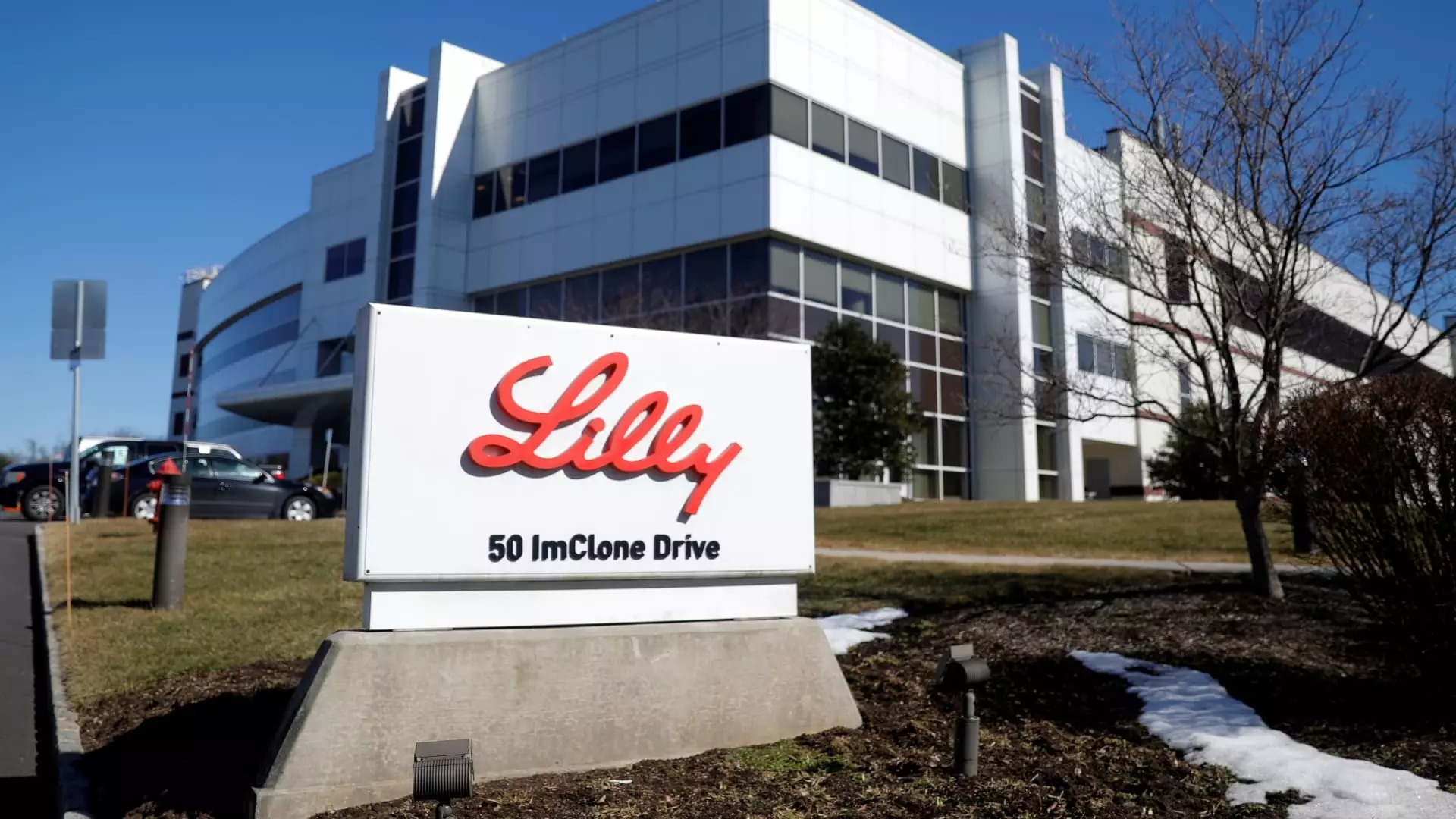The demand for weight loss and diabetes treatments has reached unprecedented levels, leading to the immense success of Eli Lilly in the past year. Anat Ashkenazi, the outgoing Chief Financial Officer, has played a vital role in managing the surge in revenue and investor optimism resulting from the popularity of Eli Lilly’s diabetes injection, Mounjaro, and the recently launched obesity drug, Zepbound. Ashkenazi emphasized the importance of understanding the business thoroughly to bring value to it as CFO, showcasing her strategic approach to handling the company’s growth and success.
Despite the remarkable progress, Eli Lilly has faced challenges in meeting the overwhelming demand for its treatments, along with its competitor, Novo Nordisk. The shortage in the supply of GLP-1 agonists has caused nationwide scarcity of these drugs, creating obstacles in ensuring patient access. However, Eli Lilly’s significant increase in revenue has enabled the company to invest substantially in expanding its manufacturing capabilities, aiming to bridge the gap between supply and demand. Ashkenazi emphasized the company’s commitment to investing in manufacturing facilities to enhance the availability of medicines for patients.
Eli Lilly has been actively constructing and scaling up manufacturing sites to meet the escalating demand for its treatments. The company has established several new facilities in North Carolina, Indiana, Ireland, and Germany, along with acquiring additional sites to bolster its production capacity. With a recent investment of $5.3 billion in its manufacturing plant in Lebanon, Indiana, Eli Lilly is striving to enhance its manufacturing footprint across the U.S. and Europe. The company’s substantial investments in building and expanding manufacturing plants underscore its dedication to addressing the challenges posed by the surge in demand.
Despite the progress made in scaling up manufacturing, Eli Lilly faces obstacles related to limited insurance coverage for weight loss drugs in the U.S. Many employers and health plans are hesitant to cover GLP-1 agonists due to their high costs, which could strain their budgets. Moreover, concerns about the duration of patient treatment and coverage by commercial insurers remain prevalent. However, Eli Lilly is making efforts to enhance coverage for weight loss drugs, such as Zepbound, by collaborating with insurers to improve accessibility for patients.
Ashkenazi highlighted the need to change the perception of obesity as a lifestyle choice rather than a chronic disease. Eli Lilly is conducting studies on tirzepatide, the active ingredient in its weight loss treatments, to demonstrate the benefits of these drugs in treating obesity-related conditions. Furthermore, with the revised guidance allowing Medicare Part D plans to cover obesity treatments for additional health benefits, Eli Lilly is focused on expanding coverage for weight loss drugs under federal programs. The company’s efforts to address misconceptions surrounding obesity reflect its commitment to revolutionizing healthcare and patient access.
The groundbreaking success of Eli Lilly in the realm of weight loss and diabetes treatments signifies a transformative shift in the healthcare industry. By addressing manufacturing challenges, enhancing patient accessibility, and changing perceptions of obesity, Eli Lilly is poised to lead the way in revolutionizing treatments for chronic diseases. Through strategic investments in manufacturing facilities and collaborations with insurers, Eli Lilly is paving the path towards a healthier future for patients worldwide.

